Embark on a journey of ecological exploration with our Gaia Hypothesis worksheet, where the thread of interconnectedness weaves through the intricate web of life on Earth. Delve into the captivating concept that views our planet as a self-regulating organism, inviting you to ponder the symbiotic relationships that sustain our existence. Join us as we unravel the mysteries of Mother Earth and unearth the profound insights hidden within the folds of nature’s tapestry.
Table of Contents
- Exploring the Gaia Hypothesis: A Comprehensive Worksheet Guide
- Unveiling the Interconnectedness of Gaia: Hands-On Activities & Exercises
- Applying Gaia Hypothesis Principles: Practical Tips & Reflection Questions
- Beyond the Basics: Advanced Gaia Hypothesis Concepts & Discussion Points
- Q&A
- Key Takeaways

Exploring the Gaia Hypothesis: A Comprehensive Worksheet Guide
In this comprehensive worksheet guide, you’ll delve into the intriguing realm of the Gaia Hypothesis, a theory that suggests Earth functions as a self-regulating organism. The worksheets provided are meticulously designed to help you grasp the core concepts and implications of this revolutionary idea in environmental science.
Worksheet Sections Include:
- Introduction to Gaia Hypothesis: Unravel the origins and key principles behind this captivating hypothesis.
- Gaia’s Self-Regulating Mechanisms: Explore how Earth’s systems interact to maintain a delicate balance.
- Impact on Environmental Policy: Reflect on how the Gaia Hypothesis influences our approach to ecological conservation.
Engage with Interactive Exercises:
- Ecosystem Simulation: Participate in a hands-on simulation to understand the interconnectedness of ecological systems.
- Role-Play Scenarios: Dive into thought-provoking scenarios to envision real-world applications of Gaia’s self-regulating mechanisms.
- Case Studies Analysis: Analyze case studies highlighting the Gaia Hypothesis in action across diverse ecosystems.
This worksheet guide is your gateway to a deeper understanding of the Gaia Hypothesis and its profound implications for our relationship with the planet. Explore, learn, and broaden your knowledge in the realm of environmental science like never before!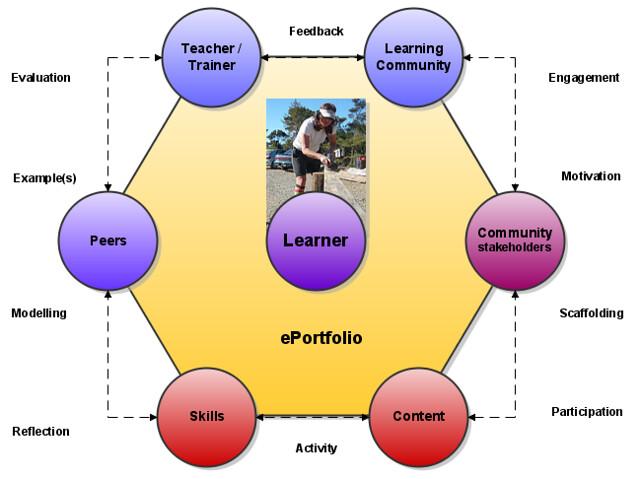
Unveiling the Interconnectedness of Gaia: Hands-On Activities & Exercises
Enjoy a deep dive into the mystical concept of Gaia through engaging activities that help unveil the interconnectedness of our planet. Get ready to explore the harmony between Earth and all its inhabitants with hands-on exercises designed to broaden your understanding of the Gaia hypothesis.
Immerse yourself in the wonders of nature with guided meditation sessions in serene environments, allowing you to connect with the essence of Gaia. Engage in interactive group discussions to share perspectives on how we can nurture and protect our planet for future generations. Rediscover your bond with Mother Earth through activities that promote mindfulness and eco-conscious practices, fostering a sense of responsibility towards the well-being of our interconnected world.
| Activity | Duration |
|---|---|
| Earth Mandala Creation | 1 hour |
| Guided Nature Walk | 45 minutes |
| Interactive Tree Hugging | 30 minutes |
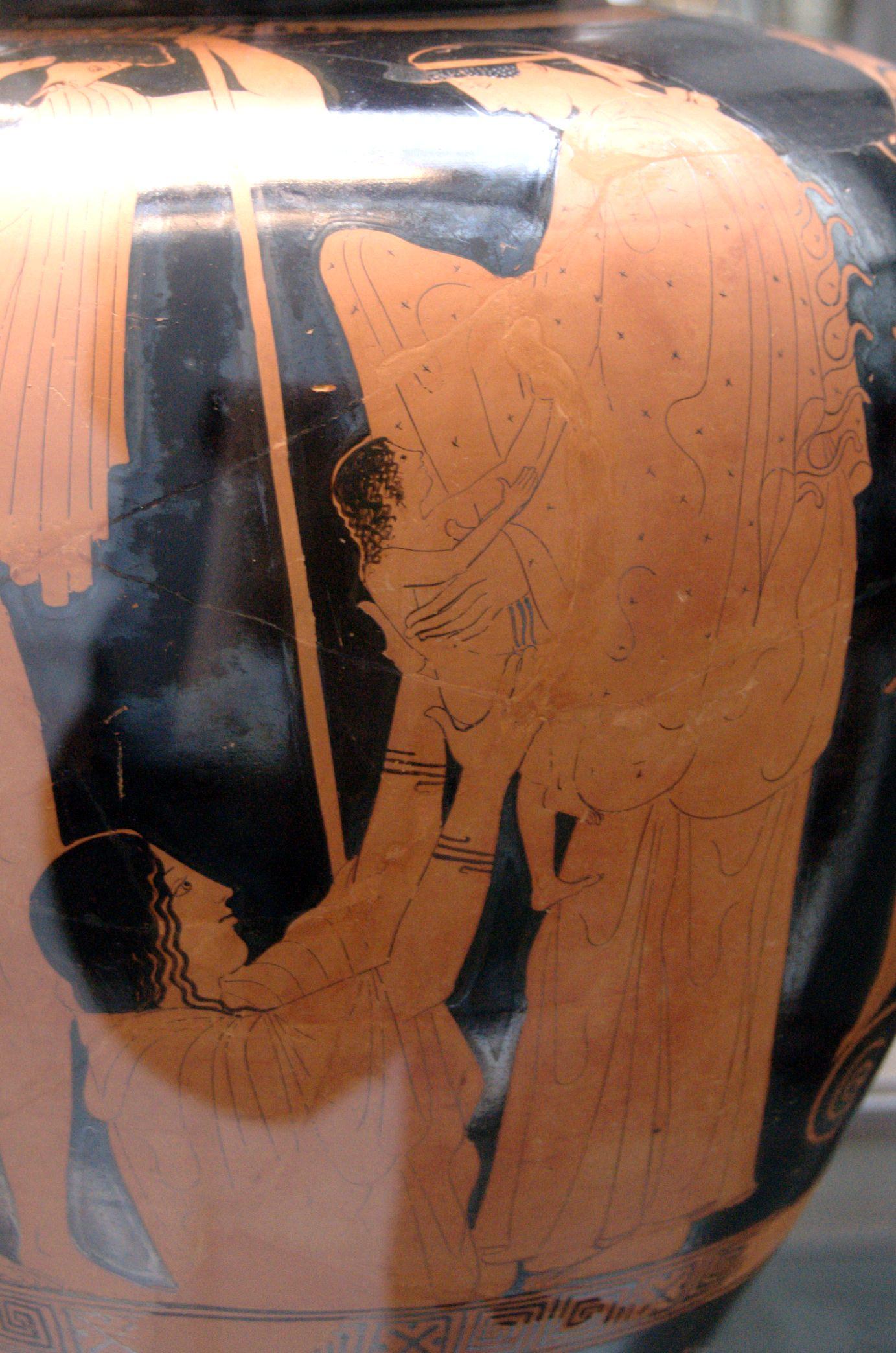
Applying Gaia Hypothesis Principles: Practical Tips & Reflection Questions
In exploring the Gaia Hypothesis and its practical implications, one can delve into various thought-provoking considerations. Reflect on how interconnected ecosystems mirror the intricate web of life around us, shaping our existence. Embrace the idea that our planet is a living, breathing entity, where each element plays a vital role in maintaining harmony.
Contemplate the significance of biodiversity and how every species contributes to the delicate balance of nature. Consider ways in which you can actively participate in preserving and nurturing the environment. Engage in practices that honor the interconnectedness of all life forms, fostering a deeper connection with the world around you. Take a moment to ponder these reflections and let them guide your actions towards a more sustainable future.
Beyond the Basics: Advanced Gaia Hypothesis Concepts & Discussion Points
In the realm of advanced Gaia hypothesis exploration, delving beyond the fundamentals opens up a universe of intricate concepts and thought-provoking discussion points. One such intriguing area involves the notion of Gaia as a superorganism, envisioning Earth as a singular entity that self-regulates and evolves to maintain stability. This perspective challenges us to view the planet not as a mere collection of organisms but as a connected, self-sustaining being with emergent properties that govern its behavior.
Furthermore, contemplating Gaia’s interaction with cosmic forces introduces a fascinating dimension to the discourse. Exploring how Earth responds to celestial influences like solar radiation, cosmic rays, and planetary alignments sparks contemplation on the interconnectedness of our planet with the broader cosmos. Engaging in conversations around these advanced Gaia hypothesis facets can illuminate new perspectives on Earth’s ecosystems, resilience, and interconnectedness with the universe at large.
| Advanced Gaia Concepts | Discussion Points |
|---|---|
| Emergent Properties | How do emergent properties manifest in Earth’s biosphere? |
| Cosmic Influences | What role do cosmic forces play in Earth’s ecological systems? |
Q&A
Q: What is the Gaia Hypothesis all about?
A: The Gaia Hypothesis proposes that the Earth is a self-regulating system where living organisms interact with the elements to maintain environmental balance.
Q: How can the Gaia Hypothesis be applied in real life?
A: The Gaia Hypothesis encourages us to view the Earth as a holistic organism, promoting sustainable practices and mindful interactions with nature.
Q: What are some key concepts related to the Gaia Hypothesis?
A: Concepts like homeostasis, feedback loops, and interconnectedness are central to understanding the Gaia Hypothesis and its implications for Earth’s ecosystems.
Q: Why is studying the Gaia Hypothesis important?
A: Studying the Gaia Hypothesis can deepen our appreciation for the intricate connections between living organisms and the environment, fostering responsible stewardship of our planet.
Q: How can individuals contribute to the principles of the Gaia Hypothesis?
A: By adopting eco-friendly habits, supporting conservation efforts, and promoting biodiversity, individuals can play a role in upholding the principles of the Gaia Hypothesis in their daily lives.
Key Takeaways
In reflecting on the Gaia Hypothesis through this worksheet, we’ve delved into the interconnectedness of our planet and the intricate balance that sustains life. As you ponder the dynamic relationship between Earth and all its inhabitants, may you find inspiration in the unity of nature and the profound wisdom it holds. Let this exploration be a stepping stone towards a deeper understanding of our place in the cosmos and a call to cherish and protect the delicate web of life that envelops us all. Embrace the Gaia Hypothesis as a lens through which to view our world with wonder, respect, and a renewed sense of responsibility. Let’s continue to explore the mysteries of our living planet and tread lightly on the sacred grounds we call home.
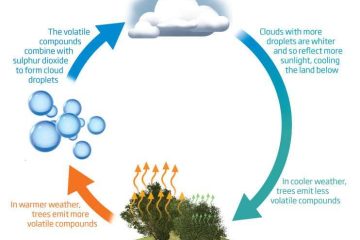
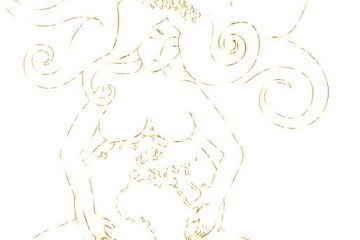
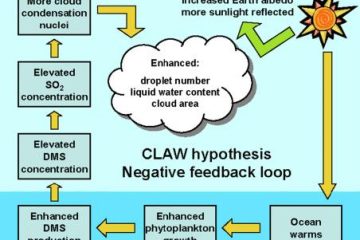
0 Comments